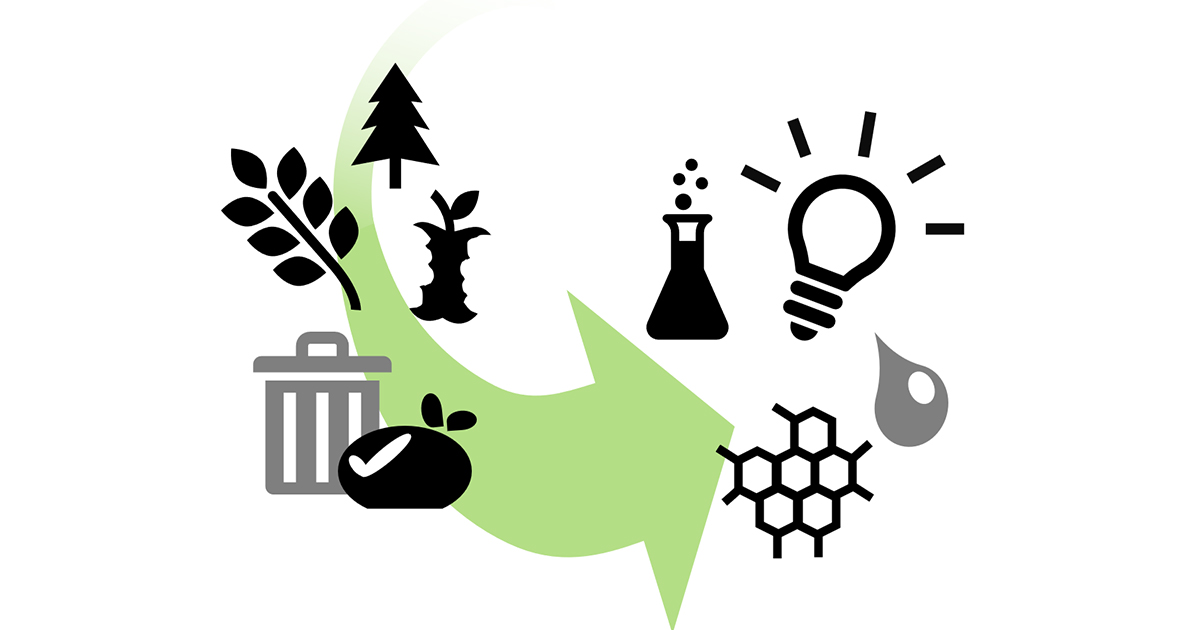Thermal Treatment of Biomass and Solid Municipal Waste
A special issue of ChemEngineering (ISSN 2305-7084).
Deadline for manuscript submissions: closed (28 February 2023) | Viewed by 17866

Special Issue Editors
Interests: renewable and alternative fuels; CFD; stochastic reactor modeling; detailed chemistry and surrogates; emissions; waste-to-energy
Interests: thermochemical conversion processes; pyrolysis; torrefaction; biomass; waste valorization; biomass valorization from phytoremediation; heavy metals; inorganic; biochar
Special Issues, Collections and Topics in MDPI journals
Special Issue Information
Dear Colleagues,
The local conversion of municipal, industrial, and biomass wastes is a key element of our future power supply, renewable resource chains, and waste management strategies. Thermal treatment of these resources offers their efficient, comparable cheap usage when direct material recycling is not feasible. Products of thermal treatment, such as pyrolysis, gasification, and incineration, are electricity and heat, high caloric gases, feedstock species for the chemical industry, and biobased solid and liquid products. All products are characterized by higher energy density or value compared to their raw materials and can therefore be efficiently stored, transported, and used.
The variety of the feedstock, e.g., seasonal dependencies, low calorific values, or moisture contents, however, make efficient conversion challenging. To fully integrate these technologies into our value chain, technologies for conversion, cleaning, and upgrading have to be improved. When using incineration, the emitted gases are less climate active than those emitted by landfilling, but any emissions are of concern and have to be minimized.
Thus, there is every reason for biobased products from thermal treatment to contribute to carbon footprint reductions in the energy and transportation fuel production sectors and in the fossil-based materials market. We invite original research articles, as well as reviews and perspective papers, with a focus on the above-described challenges.
Dr. Corinna Netzer
Dr. Corinna Maria Grottola
Guest Editors
Manuscript Submission Information
Manuscripts should be submitted online at www.mdpi.com by registering and logging in to this website. Once you are registered, click here to go to the submission form. Manuscripts can be submitted until the deadline. All submissions that pass pre-check are peer-reviewed. Accepted papers will be published continuously in the journal (as soon as accepted) and will be listed together on the special issue website. Research articles, review articles as well as short communications are invited. For planned papers, a title and short abstract (about 100 words) can be sent to the Editorial Office for announcement on this website.
Submitted manuscripts should not have been published previously, nor be under consideration for publication elsewhere (except conference proceedings papers). All manuscripts are thoroughly refereed through a single-blind peer-review process. A guide for authors and other relevant information for submission of manuscripts is available on the Instructions for Authors page. ChemEngineering is an international peer-reviewed open access semimonthly journal published by MDPI.
Please visit the Instructions for Authors page before submitting a manuscript. The Article Processing Charge (APC) for publication in this open access journal is 1600 CHF (Swiss Francs). Submitted papers should be well formatted and use good English. Authors may use MDPI's English editing service prior to publication or during author revisions.
Keywords
- pyrolysis
- gasification
- waste-to-energy
- biomass-to-energy
- biomass-to-fuel
- biomass-to-chemical
- plastic-derived products
- municipal solid waste
- biochar
- solid, heterogenous, and gas-phase kinetics
Benefits of Publishing in a Special Issue
- Ease of navigation: Grouping papers by topic helps scholars navigate broad scope journals more efficiently.
- Greater discoverability: Special Issues support the reach and impact of scientific research. Articles in Special Issues are more discoverable and cited more frequently.
- Expansion of research network: Special Issues facilitate connections among authors, fostering scientific collaborations.
- External promotion: Articles in Special Issues are often promoted through the journal's social media, increasing their visibility.
- e-Book format: Special Issues with more than 10 articles can be published as dedicated e-books, ensuring wide and rapid dissemination.
Further information on MDPI's Special Issue policies can be found here.






